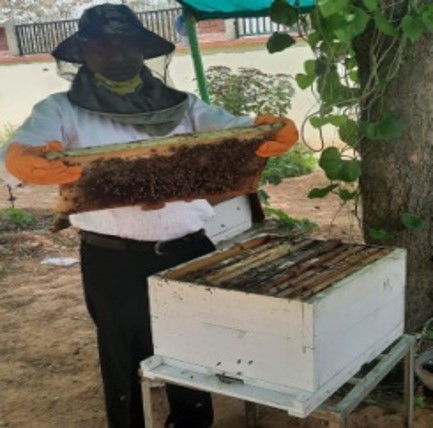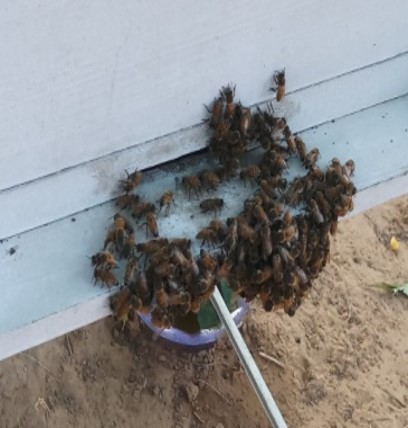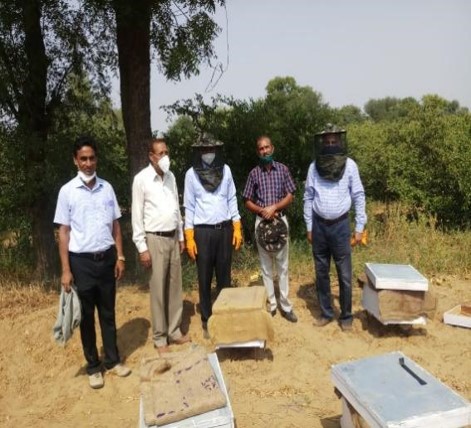Facilities
Biological Waste Disposal Facility
Compost pits - for biological waste composting.
Large size dustbins with different colors are placed
Separate decomposition of hazardous and non- hazardous biological waste
Sanitation work and disposal mechanisms are done on routine basis.
No waste (chemical, biological, radioactive, universal, and recyclable) are generated by the research, clinical, service, maintenance, and cleaning activities at the College.
Plant leaves falling as a result of abscission and pruning is disposed off by utilizing the same in compost making.
The cow-dung and other excreta of domestic animals are used as manure and in making the vermi-composting.
Milk Parlour
Gir cow herd has been established under RKVY at department of LPM.
Various studies related to production reproduction are going on and young Gir bulls have been provided to livestock farmers and Gausalas for breed conservation and improvement.
Gir cow milk has been packed for the first time under brand name “Karan Narendra Milk” which is becoming popular among staff, students and villagers.
Income Generation: An income of Rs Rs 69.99 Lakhs has been generated under Gir cow project during 2020-2021
Gir cow shed : A shed for accommodating 40 Gir cows has been constructed under RKVY project and provided for maintaining Gir cows scientifically.
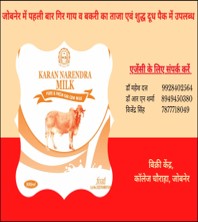
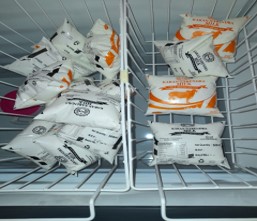
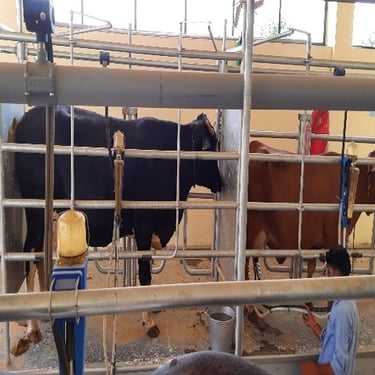
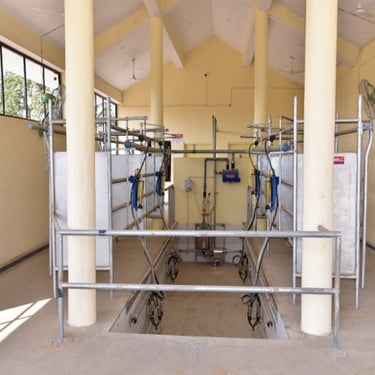
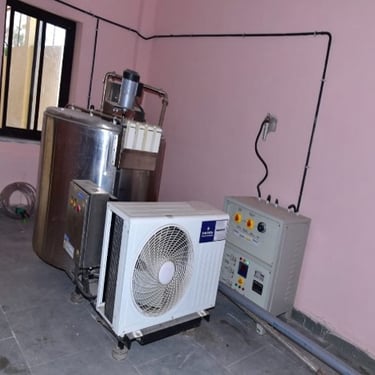
Polyhouse & Bio-degradable Waste Compositing Machine
Polyhouse is a specialized structure used in agriculture to provide a controlled environment for cultivating plants. It often consists of a transparent material that allows sunlight to enter and traps heat inside. This technology enables farmers to grow crops throughout the year, regardless of the external weather conditions. On the other hand, a bio-degradable waste composting machine is a device that helps in the decomposition of organic waste materials. It promotes the breakdown of these materials into nutrient-rich compost, which can then be used as fertilizer for plants. This machine plays a crucial role in waste management practices, reducing the amount of waste that ends up in landfills and contributing to a more sustainable environment. Combining these two technologies can revolutionize agricultural practices by allowing year-round cultivation and ensuring proper waste disposal, leading to increased productivity and environmental conservation.


Fish Culture
The Fish Culture has been started in water harvesting structure of SKNCOA namely: Maru Sagar & Karan Sagar.
The fish seed size of about 55 mm were released in these ponds of four spp. of fishes i.e. Rohu, Katla, Common Carp and Grass Carp.
Before stocking the fish seed the ponds were fertilized by cow dung, urea & SSP for producing the natural food i.e. zooplankters& phytoplankters.
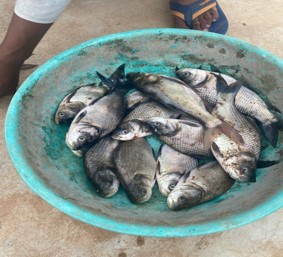
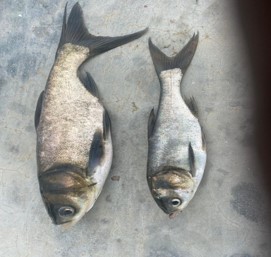
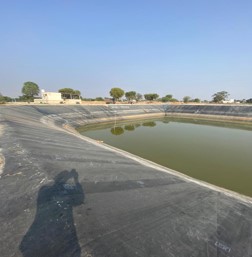
Green-Clean Campus
Plantation and Green Campus
In the last rainy season, about one thousand saplings have been planted, taking part in “Hariyala Rajasthan”.
Efforts are on to make the University a No Smoking Zone, No Tobacco Zone and Plastic free campus.
Solar Energy
364 KW capacity solar power plants, which will reduce the expenditure on electricity
E-Rikshaw
Purchase of E-rikshaws
Used in the campus for research of students, milk distribution, office work by staff and other employees. To prevent pollution in the college campus, a complete ban is being imposed on motorcycles and motor vehicles.
Solar Panels
Solar panels are becoming increasingly popular as a source of renewable energy. These panels use sunlight to generate electricity by converting the energy from the sun into usable power. They are made up of photovoltaic cells that can capture the sun's rays and convert them into direct current (DC) electricity. This DC electricity is then converted into alternating current (AC) through an inverter, which can be used to power homes, businesses, and even entire communities. Solar panels are environmentally friendly and help reduce carbon emissions, making them a sustainable solution for energy production. They are also cost-effective in the long run, as they can significantly reduce or even eliminate electricity bills. With advancements in technology, solar panels are becoming more efficient and affordable, making them a viable option for individuals and organizations looking to embrace clean energy solutions.


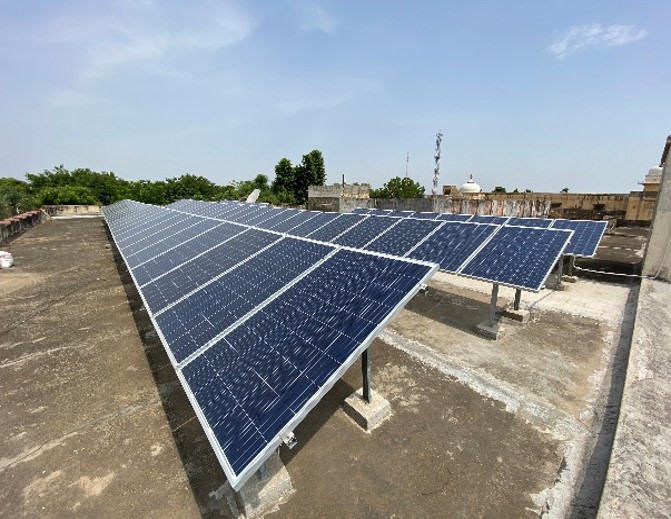
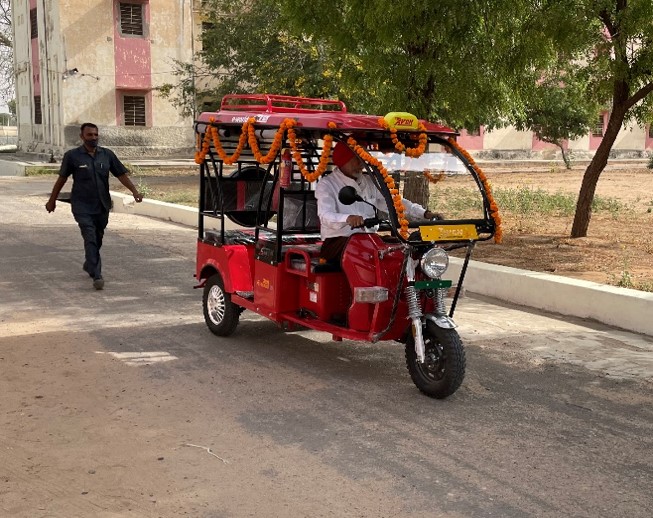
Conference Room & Theatre
The conference room and theatre are two versatile spaces that can cater to a variety of events and functions. The conference room is equipped with all the necessary amenities to facilitate productive meetings and presentations. It offers ample seating arrangements and a state-of-the-art audiovisual system to ensure clear communication. The theatre, on the other hand, provides a larger space for performances, screenings, and seminars. With its comfortable seating, professional lighting, and superior sound system, it offers an immersive experience for the audience. Both spaces are designed to enhance collaboration and engagement, providing a conducive environment for knowledge-sharing and creative thinking.


Virtual Classrooms
Lecture delivery is done through modern age IT tools like smart class rooms/ interactive board etc.
8 class rooms have been set up as smart class rooms including 86 inch IFPD, e-podium, Vizualizer and AI based auto tracking cameras with power backup and fast Internet connectivity through NKN, MHRD, GoI
Use of latest hardware and licenced softwares.
E-resources like CERA etc. are being used to enhance global knowledge of the staff and students.
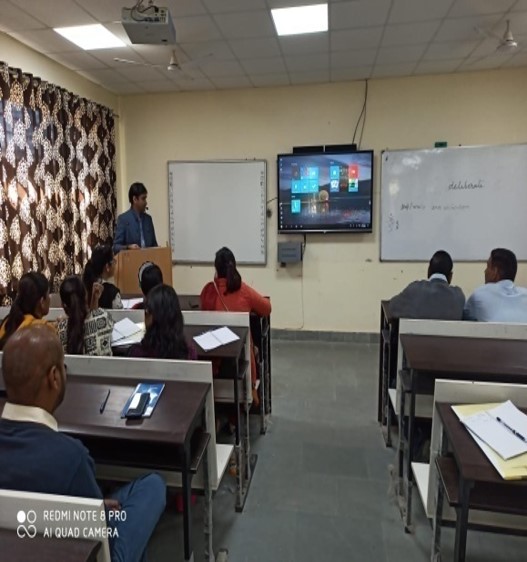
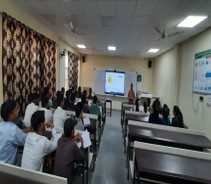
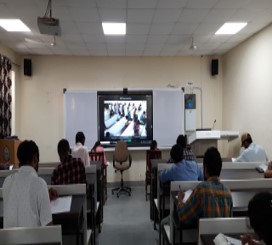
Honeybee Rearing Unit
Keeping in view the entrepreneurial potential of small-scale beekeeping in rural Rajasthan Honeybee Rearing (Demonstration) unit has been started in the Department of Entomology.
The unit is helpful for undergraduate and post graduate students as well as farmers.
Honey production has also started in the unit. Apis mellifera is domesticated species which is being reared.
